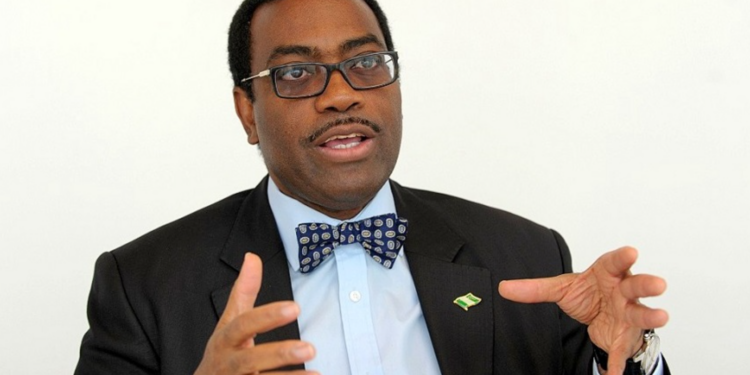The African Development Bank’s President, Akinwunmi Adesina is advocating for an end to the practice of offering loans in return for access to Africa’s abundant oil reserves and vital minerals, which are essential for producing smartphones and electric car batteries.
These transactions he said have facilitated China’s dominance in the mineral extraction sector in regions such as Congo, leading to financial instability in several African nations in an interview with AP.
He pointed out that the negotiations often favour the lenders, who wield more power and set the terms for financially constrained African countries. This imbalance, along with limited transparency and opportunities for corruption, paves the way for exploitation.
- He said, “They are just bad, first and foremost, because you can’t price the assets properly. These are the reasons I say Africa should put an end to natural resource-backed loans. These countries renegotiate those loans that are asymmetric, not transparent and wrongly priced.”
Loans from IMF and others become difficult
Adesina highlighted those loans collateralized with natural resources present difficulties for development banks, including his own and the International Monetary Fund, which advocate for sustainable debt practices.
Such arrangements can hinder countries from obtaining or repaying loans from these institutions, as they must allocate revenue from vital natural resources to settle debts linked to those resources.
He referred to the severe financial crisis in Chad, where the country had to use a significant portion of its oil income to repay a loan backed by oil from the commodity trading company Glencore, illustrating the impact of such debt agreements.
What you should know
Dr. Adesina had earlier advocated that African economies should been valued based on their natural resources as it will generate more capital for the continent.
In recent times, there have been a rise in resource backed loans across Africa. A study by the World bank stated that around 10% of loans to countries across the continent between 2004 and 2018 were backed by natural resources.
Africa’s natural resources especially solid minerals such as lithium, cobalt and others are spurring a rush globally as the world transitions from fossil fuels to other renewable and cleaner energy source.















